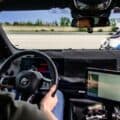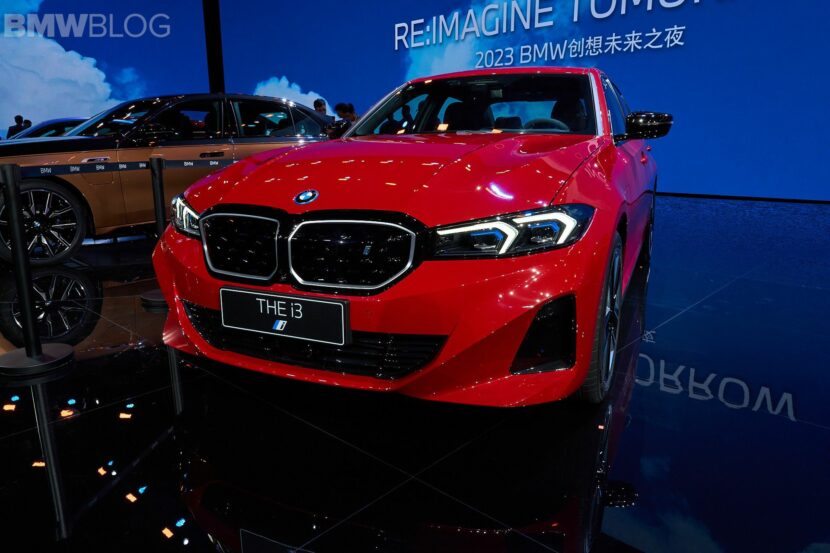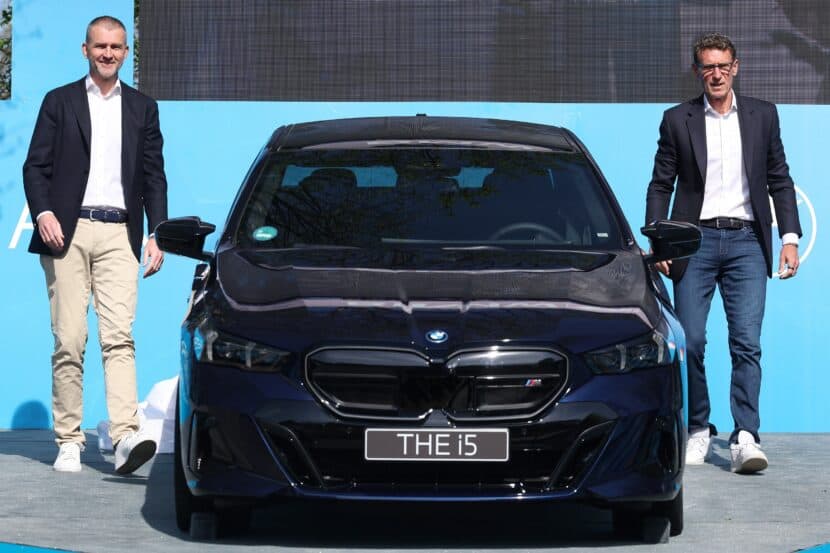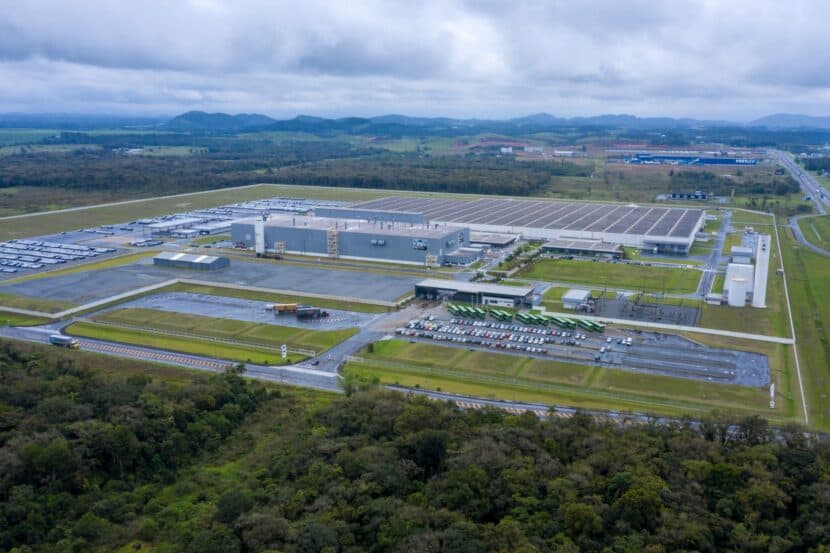There are a few automotive designs that, despite their incredible simplicity and age, are still around, virtually unchanged since their inception. One of which is the side mirror, which didn’t really change at all until Audi decided to replace it with a camera and it’s barely an improvement. However, another, and even simpler, automotive technology that’s still around is the sun-visor; a little hinged board that blocks the sun. In 2020, that seems hilariously antiquated but it still works so don’t fix it, right? Apparently, Bosch feels otherwise.
The German supplier giant has just unveiled a very early look at its latest new technology, one that will debut at the 2020 CES — the Virtual Visor.
How does it work, you ask? Well, the Bosch Virtual Visor is comprised of a transparent LCD screen that’s paired with a small camera that watches for sun on the driver’s face. It uses a clever AI algorithm to watch the sun on the driver’s face and then darken its screen accordingly, to keep sun out of the driver’s eyes. So only the necessary portions of the transparent sun visor are darkened, leaving the rest of it fully transparent.
This might sound like the answer to a problem that nobody asked but sun-blinded eyes are apparently a bigger problem than I personally would have thought. According to CNET’s Roadshow, the NHTSA (National Highway Traffic and Safety Administration) claims that temporary blindness from the sun causes almost twice as many car accidents as every other weather-related condition.
Bosch’s new Virtual Visor tech is still in its infancy but it’s said that the German brand is already working with one auto manufacturer and one trucking manufacturer. So we might actually see this sort of tech on a production automobile in the coming years. It would be very interesting to see a new technology finally introduced to the most archaic of automotive features.
[Source: Roadshow]





































































